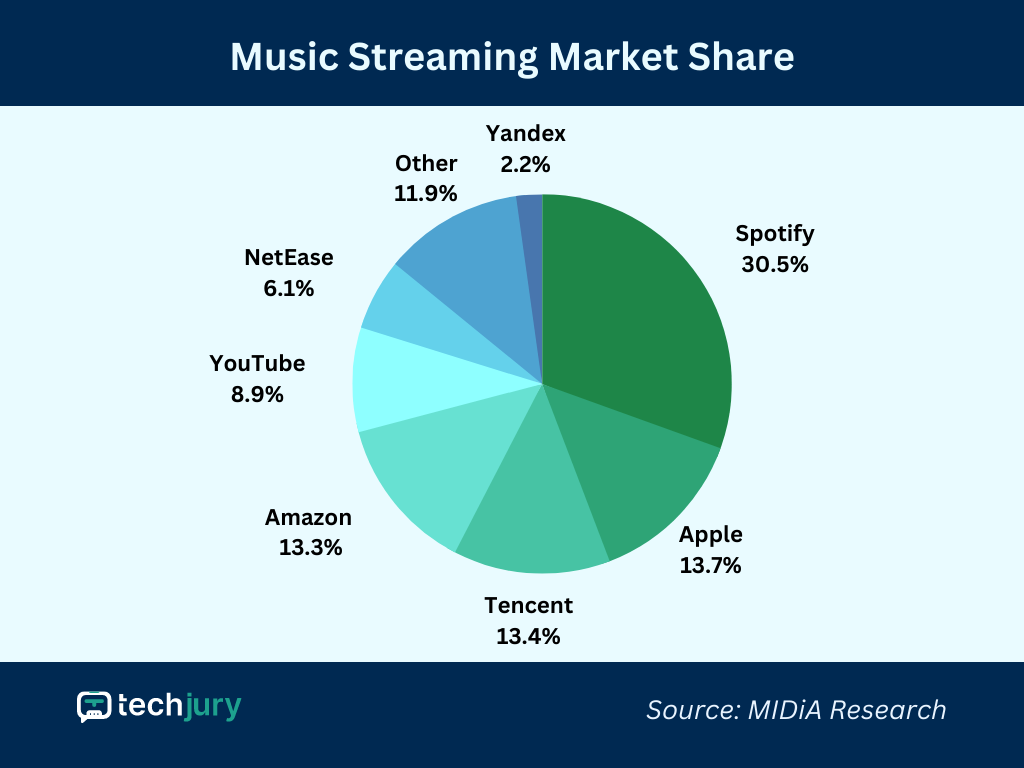AI In Public Service: Palantir's Partnership With NATO And Its Implications

Table of Contents
Palantir's Role in Enhancing NATO's Capabilities
Palantir Technologies, a prominent data analytics company, provides NATO with its Gotham platform. This platform plays a crucial role in enhancing several key aspects of NATO's operations.
Data Integration and Analysis
Palantir's Gotham platform allows NATO to integrate and analyze massive datasets from diverse sources. This includes intelligence reports, sensor data from various platforms, social media feeds, and other open-source intelligence. This comprehensive data integration offers a significantly improved situational awareness.
- Improved intelligence gathering and analysis: By correlating information across disparate sources, analysts can identify patterns and connections that would be missed using traditional methods. This leads to more accurate and timely intelligence assessments.
- Enhanced threat detection and prediction: AI-powered predictive analytics can identify potential threats and vulnerabilities, enabling proactive security measures. This is particularly important in counter-terrorism efforts and cybersecurity.
- Streamlined decision-making processes: Access to integrated, analyzed data allows decision-makers to respond to crises more effectively and efficiently. The speed and accuracy of information processing are crucial in rapidly evolving situations.
Predictive Policing and Counter-Terrorism
Palantir's AI capabilities are instrumental in identifying patterns and predicting potential threats, aiding in counter-terrorism efforts and proactive security measures. However, the use of AI in this context requires careful ethical consideration.
- Improved efficiency in identifying potential terrorist networks: By analyzing communication patterns and other data, AI can help identify and disrupt terrorist networks more effectively.
- Enhanced security measures for critical infrastructure: AI-powered systems can monitor infrastructure for anomalies and potential threats, improving overall security.
- Potentially controversial applications requiring careful ethical consideration: The use of predictive policing tools raises concerns about potential biases and the risk of profiling innocent individuals. Transparency and accountability are crucial in mitigating these risks.
Resource Optimization and Logistics
AI-powered tools within the Palantir platform help NATO manage its resources more effectively. This optimization extends to troop deployment, equipment allocation, and supply chain management.
- Improved logistics and supply chain management: AI can optimize the movement of troops and equipment, ensuring timely delivery of essential supplies.
- More efficient allocation of resources during crisis situations: AI can help allocate resources based on real-time needs, ensuring optimal response during emergencies.
- Cost savings through optimized resource utilization: By improving efficiency and reducing waste, AI can lead to significant cost savings for NATO operations.
Ethical and Security Concerns Surrounding AI in Public Service
While the benefits of AI in public service are significant, there are several ethical and security concerns that need to be addressed. The use of AI in national security raises complex questions about privacy, bias, and accountability.
Data Privacy and Surveillance
The use of AI in national security raises concerns about potential breaches of privacy and mass surveillance. Balancing national security needs with individual privacy rights is a critical challenge.
- Balancing national security needs with individual privacy rights: Robust data protection measures are needed to ensure that AI-powered surveillance systems do not violate individual privacy rights.
- Transparency and accountability in data handling: Clear guidelines and oversight mechanisms are essential to ensure transparency and accountability in the use of sensitive data.
- The potential for misuse of AI-powered surveillance technologies: There is a risk that AI-powered surveillance systems could be misused for purposes beyond national security, leading to potential abuses of power.
Algorithmic Bias and Discrimination
AI algorithms can reflect and amplify existing biases present in the data they are trained on, leading to discriminatory outcomes. Addressing algorithmic bias is critical for ensuring fairness and equity.
- Addressing algorithmic bias in AI systems used for security purposes: Regular audits and independent assessments are needed to identify and mitigate bias in AI algorithms.
- Ensuring fairness and equity in the application of AI technologies: Developing and implementing algorithms that are fair and equitable is crucial for avoiding discriminatory outcomes.
- Regular audits and independent assessments of AI algorithms: Independent oversight is necessary to ensure that AI systems are used responsibly and ethically.
Accountability and Transparency
The lack of transparency in the use of AI in national security raises concerns about accountability and oversight. Establishing robust mechanisms for oversight and accountability is essential.
- The need for clear guidelines and regulations regarding the use of AI in public service: Clear legal frameworks are required to regulate the development and deployment of AI systems in public service.
- Establishing robust mechanisms for oversight and accountability: Independent oversight bodies are necessary to ensure that AI systems are used responsibly and ethically.
- Public engagement and debate on the ethical implications of AI in national security: Open dialogue and public engagement are crucial for addressing the ethical challenges associated with AI in national security.
Future Implications of AI in Public Service and NATO's Strategy
The integration of AI into public service, particularly within NATO's operations, will have profound implications for the future.
Increased Automation and Efficiency
AI will continue to automate tasks and improve efficiency across various aspects of public service, leading to improved service delivery and resource allocation. This will free up human resources for more complex tasks.
Enhanced Cybersecurity
AI can significantly enhance cybersecurity capabilities, helping to protect critical infrastructure from cyberattacks and bolster national cybersecurity defenses. This is especially crucial in the face of increasing cyber threats.
Shifting Geopolitical Landscape
The integration of AI in military and intelligence capabilities significantly alters the geopolitical landscape, prompting a global race for technological superiority and raising concerns about potential arms races.
Conclusion
Palantir's partnership with NATO represents a significant step in the integration of AI into public service, offering substantial improvements in intelligence gathering, resource management, and threat detection. However, the ethical and security implications cannot be ignored. Addressing concerns regarding data privacy, algorithmic bias, and accountability is crucial for ensuring the responsible and effective use of AI in national security. Moving forward, a thoughtful approach that balances national security needs with ethical considerations is essential for harnessing the full potential of AI in public service while mitigating potential risks. The ongoing debate surrounding the application of AI in public service, particularly within the context of the Palantir-NATO partnership, requires continued scrutiny and open discussion to shape a future where AI serves the public good effectively and responsibly. We need to continue the conversation about responsible AI in public service and its implications for global security. The future of effective and ethical public service AI depends on this ongoing dialogue.

Featured Posts
-
 Disneys Revenue Increase Parks And Streaming Success Story
May 10, 2025
Disneys Revenue Increase Parks And Streaming Success Story
May 10, 2025 -
 Lynk Lee Sau Chuyen Gioi Ngoai Hinh Xinh Dep Ban Trai Luon Sat Canh
May 10, 2025
Lynk Lee Sau Chuyen Gioi Ngoai Hinh Xinh Dep Ban Trai Luon Sat Canh
May 10, 2025 -
 Rocket Launch Abort Blue Origin Cites Vehicle Subsystem Problem
May 10, 2025
Rocket Launch Abort Blue Origin Cites Vehicle Subsystem Problem
May 10, 2025 -
 Justice Sought Family Demands Answers After Brutal Racist Murder
May 10, 2025
Justice Sought Family Demands Answers After Brutal Racist Murder
May 10, 2025 -
 Nyt Strands Game 366 Solution Tuesday March 4 Answers
May 10, 2025
Nyt Strands Game 366 Solution Tuesday March 4 Answers
May 10, 2025
